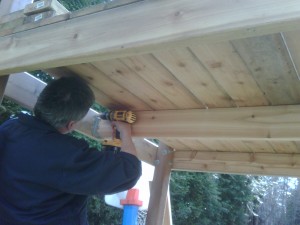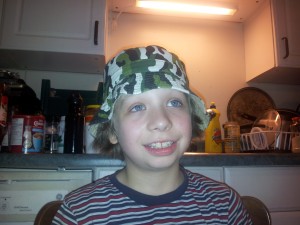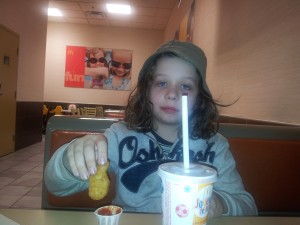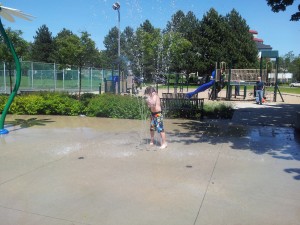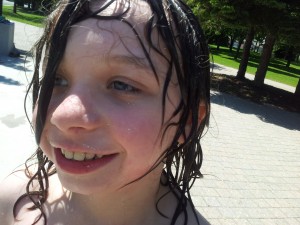Today I discovered that I have my very own YouTube channel, and by coincidence, I had a cause to use it. There is a provincial by-election coming up in the electoral region that I live in, and there is really only one issue that I will be basing my vote on. Although the federal government has some loosy-goosy policy on funding for special needs kids, this is largely the domain of the provincial government. This evening, my husband went to a meet-and-greet hosted by the major candidates in this by-election. He asked all of them to state their stance on autism funding for the camera, and the results were quite surprising…
Scarborough-Guildwood By-Election
This is an original post by Kirsten Doyle. The video is original, unedited footage shot by Gerard Doyle and Kirsten Doyle.





